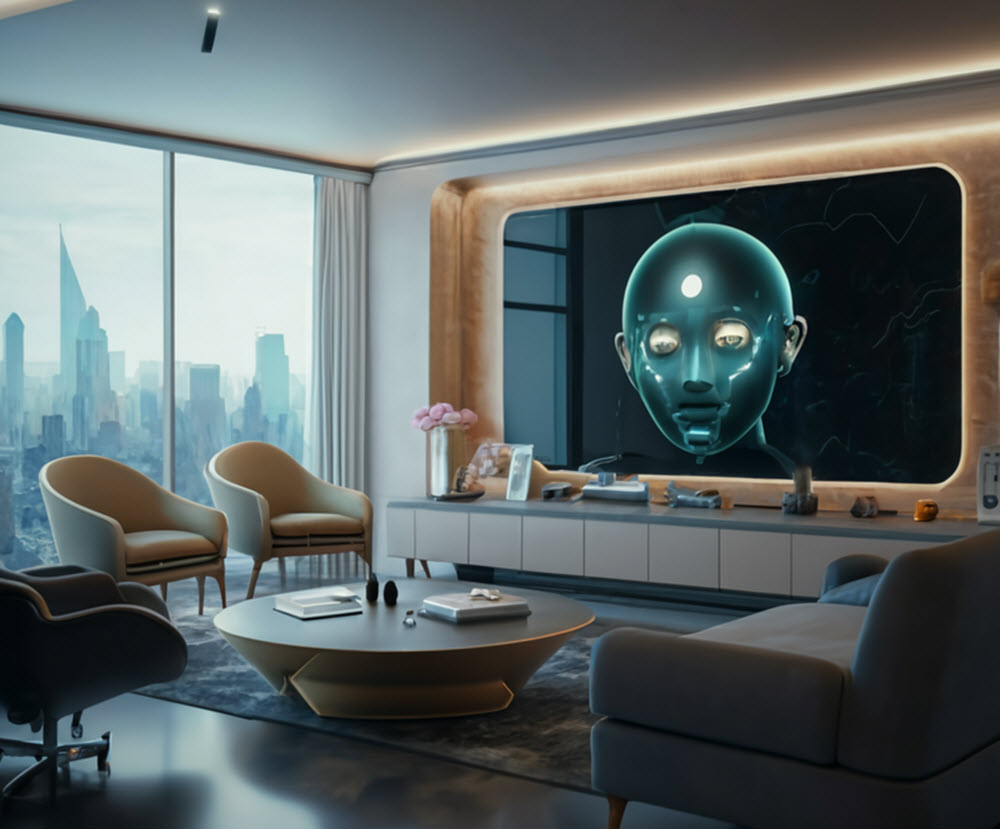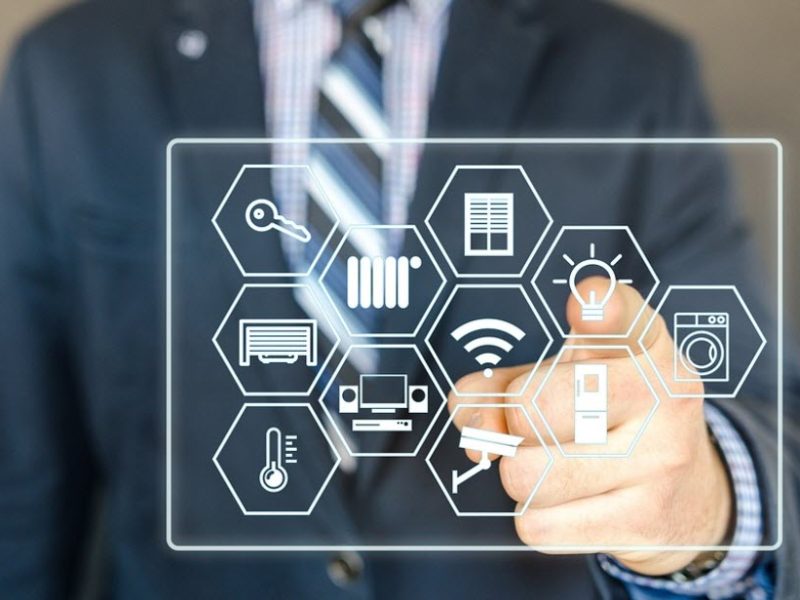The digital era has introduced a series of transformations in various walks of life, and our homes are not left untouched. Artificial Intelligence (AI), a revolutionary technology, has radically altered how we can run our homes, making them smarter, more efficient, and secure. This article delves into the world of AI and how it can be harnessed to improve home living.
Artificial Intelligence technology is rapidly changing our homes, but to fully enjoy these benefits and mitigate the potential downsides, we need to understand AI well and have a strategic approach to the use of these devices. Home living can be significantly enhanced with trusted devices and reputable AI technologies.
As AI technology evolves, we can expect even more opportunities to enhance our homes, making life easier and more efficient than ever before.
About AI and AI in homes
In its broadest sense, AI is intelligence exhibited by machines, as opposed to the intelligence of living beings, e.g. a human or a dog.
AI commonly refers to the development of computer systems that can perform certain tasks that usually require human intelligence. These include learning, voice recognition, problem-solving, planning, and more. The advent of AI has for instance brought about the possibility of smart homes, where devices and appliances work together to provide comfort, energy efficiency, and security.
Today, AI is a rapidly advancing field of computer science research focused on the automation of intelligent behaviour through machine learning. For instance, machines can be designed to percieve their environment – e.g. in or around a home – and take actions that maximize the chance of achieving a pre-defined goal or goals.
Many of the AI applications in our modern homes are not something that we think of as AI, as rudimentary AI has filtered into general applications and are no longer considered sufficiently advanced and cutting edge to earn the moniker AI.
AI for home energy efficiency
Energy conservation is a global concern, and individual homeowners are seeking to use energy more efficiently for both economic and environmental reasons. AI can play a significant role in minimizing household energy consumption. With AI, smart thermostats can analyze your habits, such as when you’re usually at home or away, and learn your preferred temperature settings. Using this data, the system optimizes your heating and cooling systems to ensure maximal energy efficiency without sacrificing comfort.
AI for home security
AI can improve security systems by distinguishing between normal and suspicious activity around your home. There are for instance security cameras available which use AI to differentiate between known and unknown individuals, pets, and even shadows, sending alerts only for unusual activity. This minimizes unnecessary alerts and enhances home security.
AI is currently being employed to make Smart Locks even smarter. AI-powered smart locks can include both facial and voice recognition, which can improve both security and convenience. A parent can for instance stop worrying about a child losing their home key, since the lock will open for the child, while simply a photo of the child would not be enough to unlock the door. Smart Locks can be combined with cloud-based data storage and store access logs which the homeowner can review.
AI for enhanced comfort and convenience
AI can be used to automate many mundane tasks. Amazon’s Alexa or Google Home, for example, simplify tasks such as playing music, making calls, sending and receiving messages, and even ordering groceries through simple voice commands. Smart refrigerators like LG’s InstaView ThinQ can monitor food usage and alert you when supplies run low.
AI for health and safety
AI has revolutionized home healthcare, helping monitor the health of house occupants. AI devices can keep track of a person’s daily activities, detect any deviations, and suggest if there’s a need for medical attention. This helps promote safety, particularly for the elderly or those living alone. It can be combined with other safety measures and serve as a first-warning alert. This can be especially helpful in situations where the occupant might be unable to call for help or unable to realize that assistance is needed.



